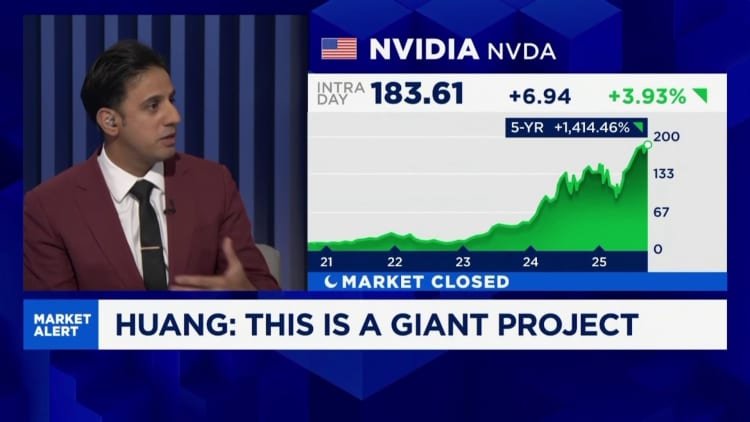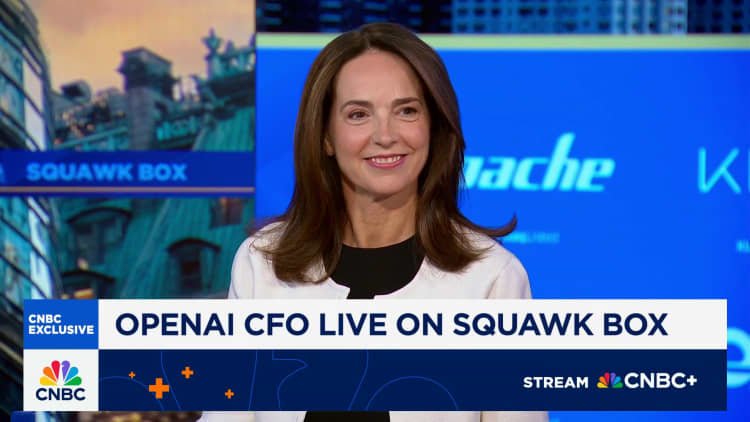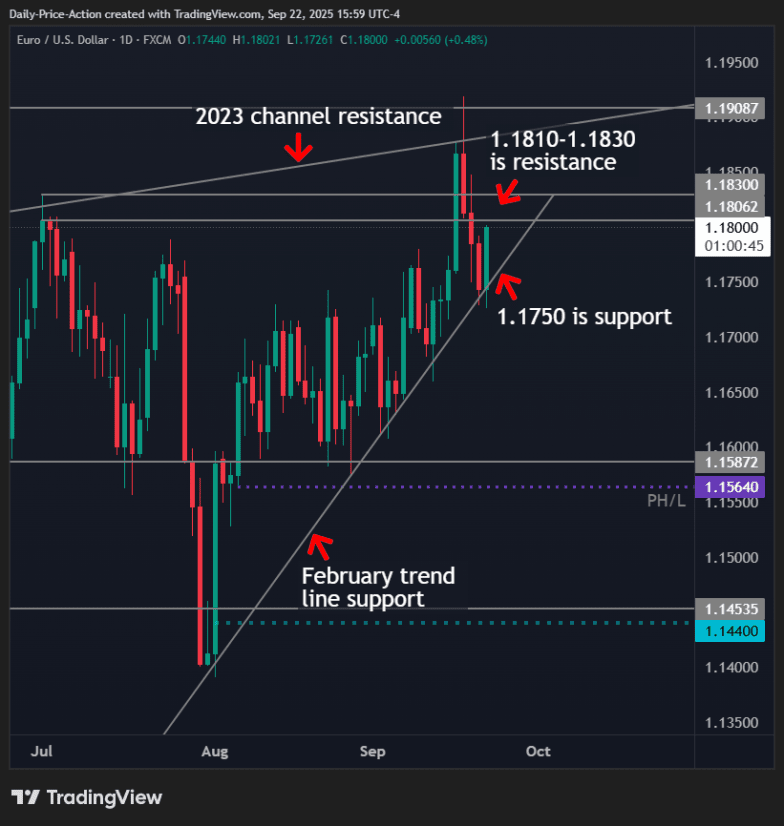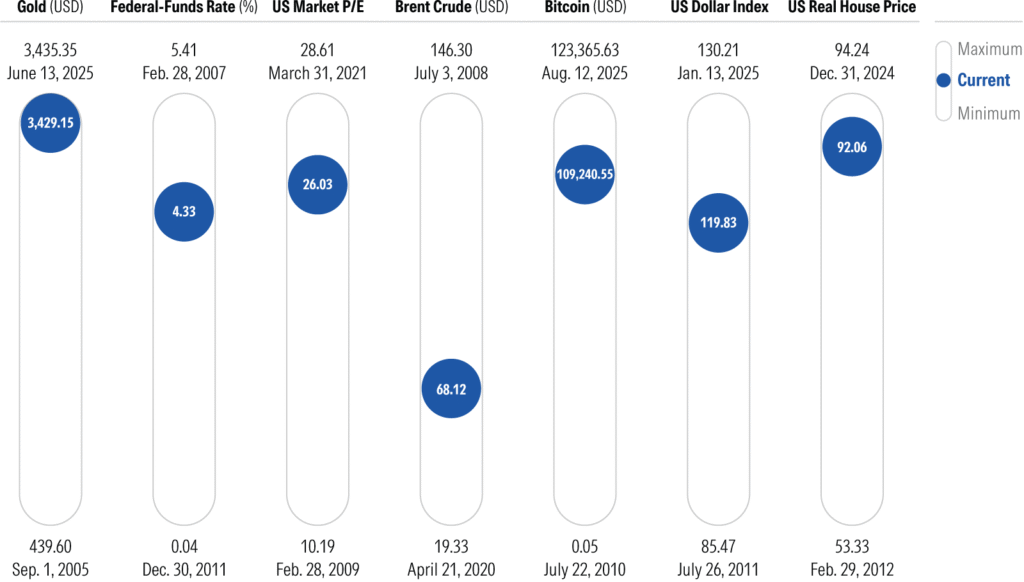A board member of South Korea’s central bank said on Tuesday foreign exchange swap arrangements are a political matter rather than an economic one, as the country seeks to establish one such agreement with the U.S. as part of a trade deal.
“My personal opinion is that the FX swap is a high-level political matter, not an economic one,” Hwang Kun-il, a member of the Bank of Korea’s seven-seat monetary policy board, told a press conference.
Hwang cited the BOK’s swap agreements with the central banks of Indonesia and Turkey as examples. When asked about the possibility of the central bank securing one with the U.S. Federal Reserve, Hwang said: “the more the better.”
South Korea reached a preliminary trade deal with President Donald Trump in late July, lowering U.S. tariffs, but has not yet signed any written agreement due to the foreign exchange implications of a $350 billion investment package included in the deal.
President Lee Jae Myung said in an interview with Reuters on Monday the economy could fall into a crisis rivalling its 1997 meltdown if the government accepts current U.S. demands in trade talks without safeguards, such as a currency swap.
The BOK has bilateral currency swap lines with a total of nine central banks, including those in Canada and Switzerland. In 2023, it established a three-year won-dollar line of $10 billion with the Bank of Japan in what was seen as a mostly diplomatic gesture between the two neighbours.
A bilateral deal with the U.S. would have an “incredible” impact on the domestic currency market, Hwang said.
Hwang said he and other board members were worried about the current level of dollar-won exchange rates USDKRW, trading near a psychological threshold of 1,400 per dollar. He also warned that market participants should not underestimate foreign exchange authorities in their resolve to keep the won stable.
On monetary policy, Hwang saw about one more interest rate cut this year, adding that it was difficult to choose between “this time and next time”. He said he would like to focus more on financial stability.
The BOK, which kept the policy rate unchanged last month despite growth headwinds, has two more meetings left this year, in October and November.
Hwang said it was desirable for the central bank to provide more detailed, longer-term forward guidance, while he echoed the views of his peers that it was necessary to take a cautious approach when it comes to stablecoins.







